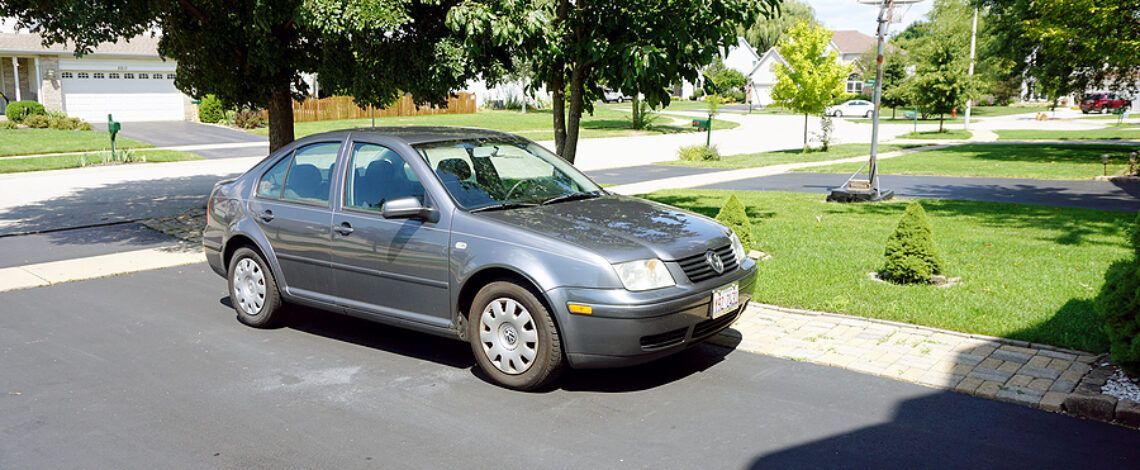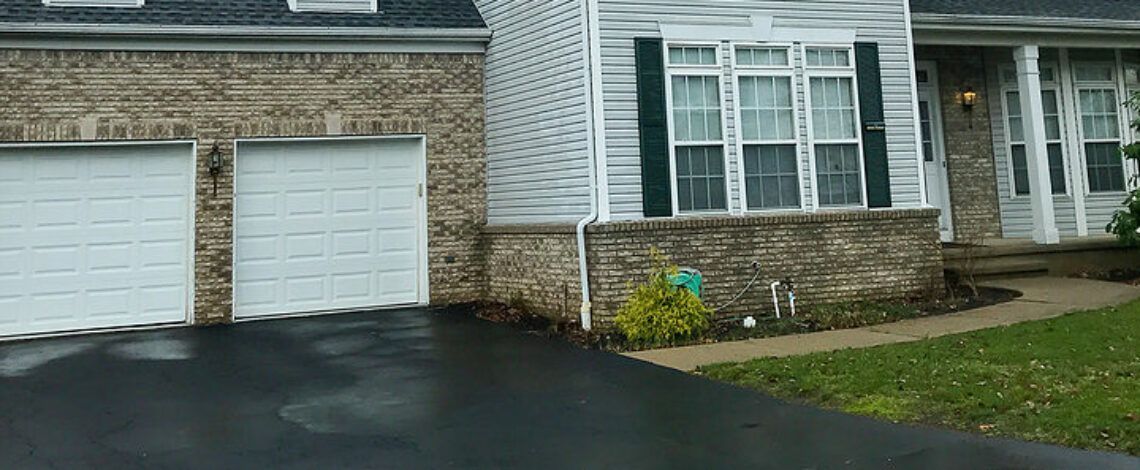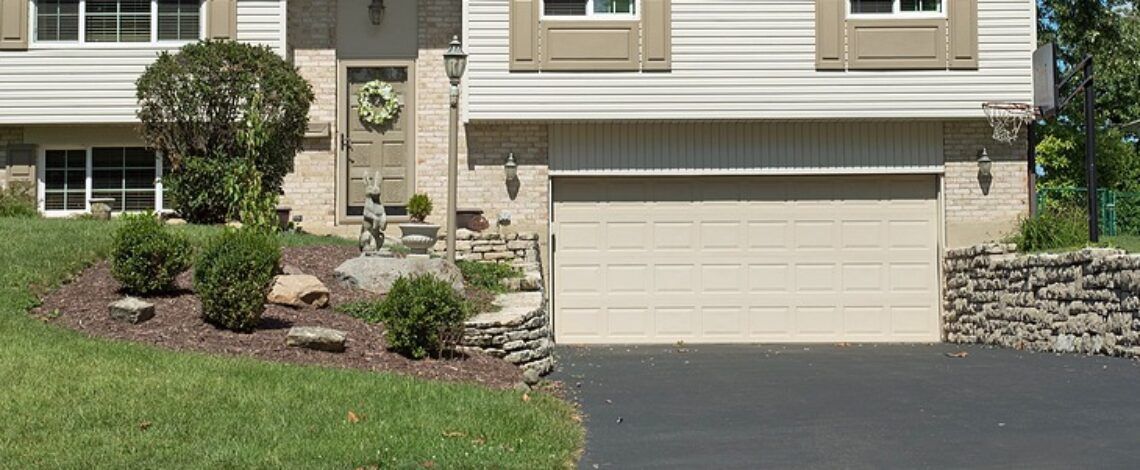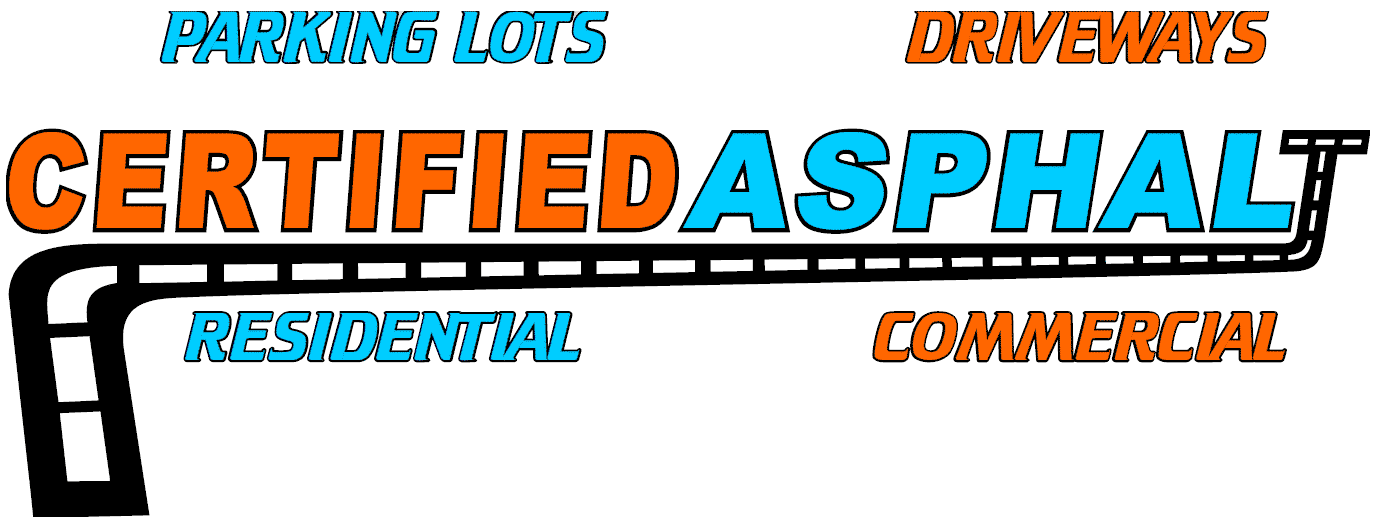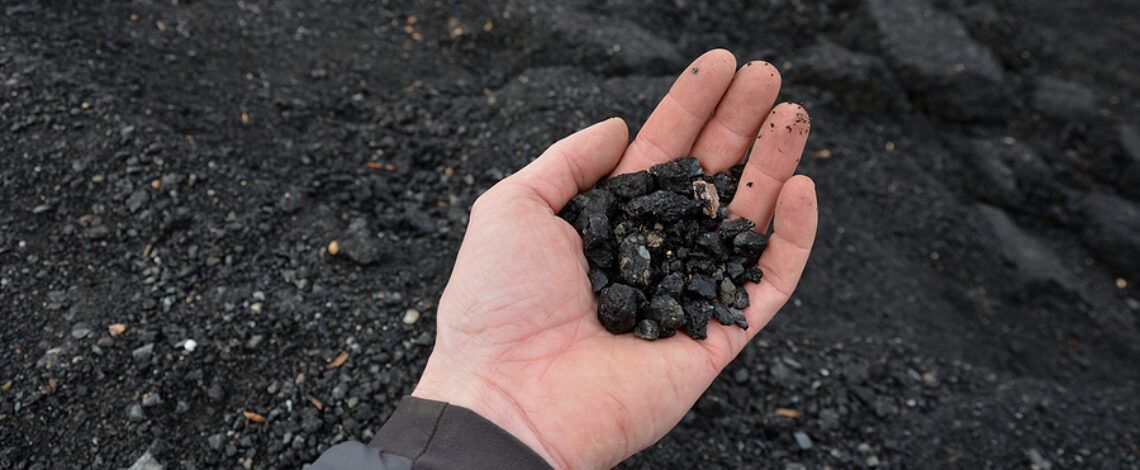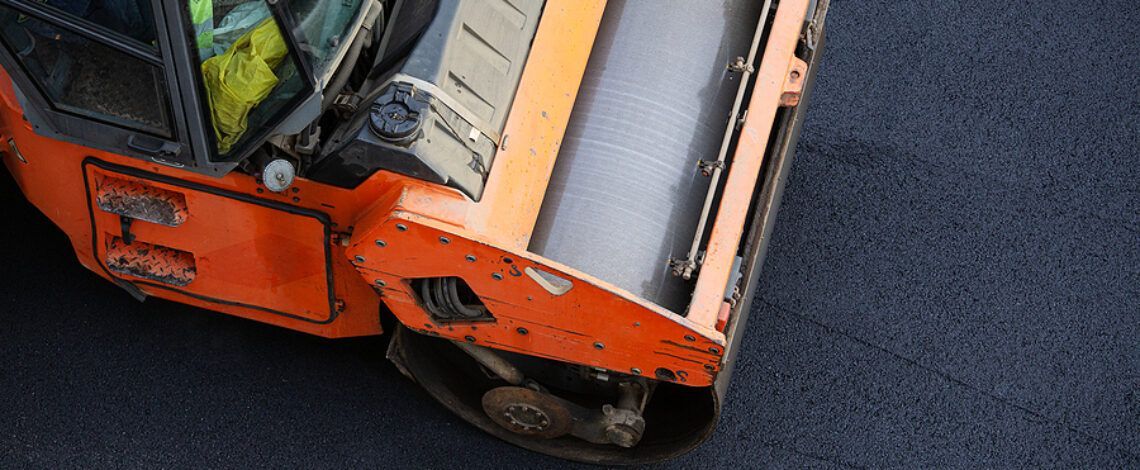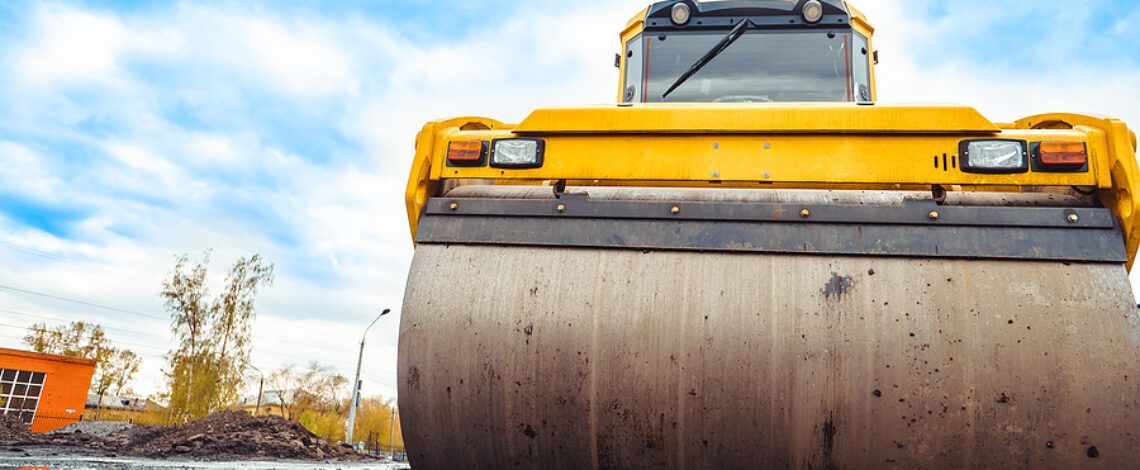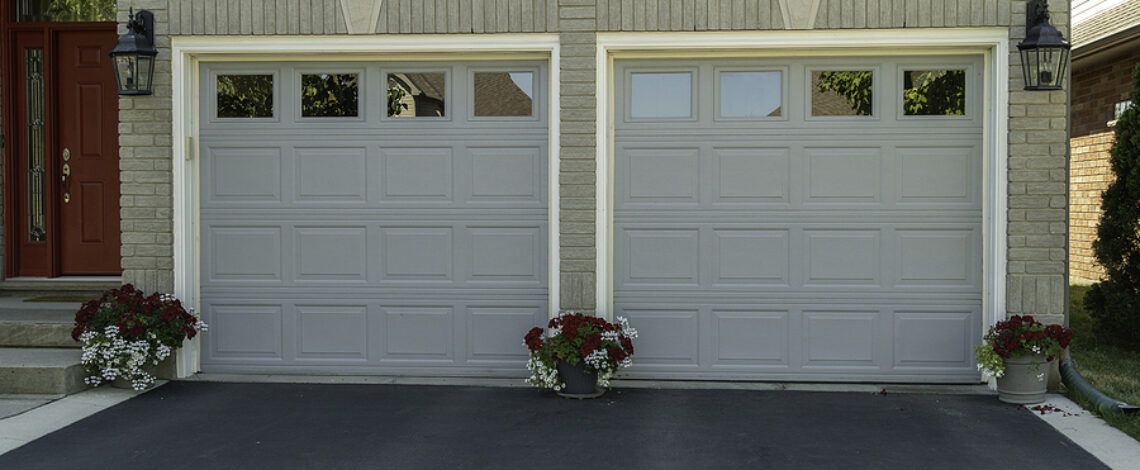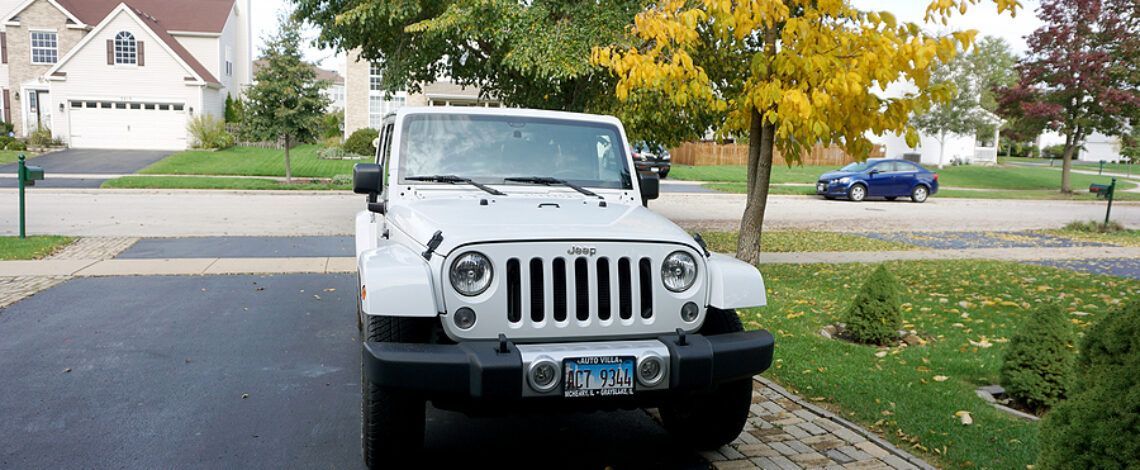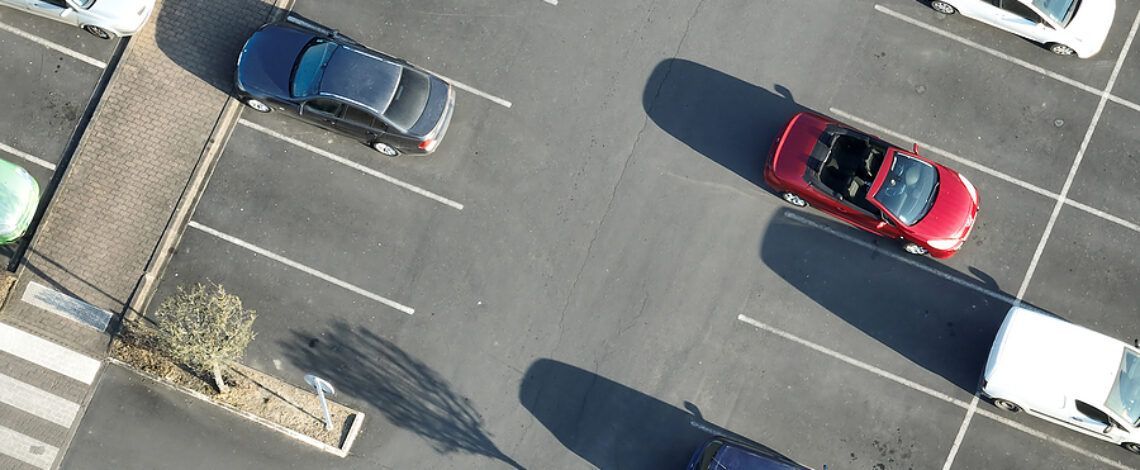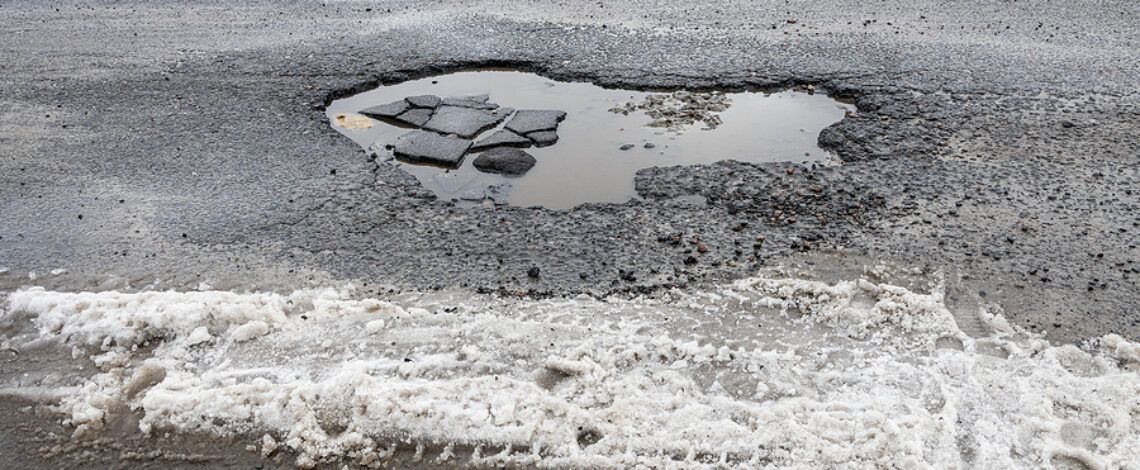COMMERCIAL ASPHALT PAVING – WHY IT’S THE POPULAR CHOICE
Planning to install a paved surface on a commercial property? There are a lot of factors to consider when making such a sizable investment. One of the first decisions to make is which material to use. Asphalt is a popular choice among business owners and property managers. There are many reasons for its popularity, and understanding what they are can help you decide if commercial asphalt paving is the best choice for your facility.
Flexibility
Temperature changes can cause the ground to expand and contract. When the ground beneath a paved surface does this it can cause that surface to crack. This is true of asphalt and concrete surfaces.
You’re probably thinking: “ If either material can crack with temperature changes, does it really matter which one is used?” The answer is “yes”. Although both materials can crack, asphalt is more flexible than concrete. It will give to some degree, causing it to crack less easily than concrete. This also means, unlike concrete, there is no need for expansion joints when installing commercial asphalt paving.
Easier to Repair
As we already established, both asphalt and concrete can crack. However, asphalt is easier to repair than concrete. When you repair a crack in concrete, the repaired area will be weak and continue to crack. This is because most concrete doesn’t contain a bonding agent. Unless one is added to the new concrete, it will not bond to the old concrete.
Cracked asphalt is easier to repair. Numerous products can quickly and effectively fill in cracks in commercial asphalt paving. Most of them contain many of the same ingredients found in asphalt and bond well to the old asphalt.
Aesthetics
Curb appeal is important, regardless of whether you’re talking about commercial or residential property. While either material will initially upgrade the appearance of your facility, when it comes to repairs, asphalt paving will make it possible to maintain those aesthetics.
Gas and oil stains are common on commercial parking lots. They will be more obvious on the light-colored surface of concrete paving. On asphalt surfaces, stains can camouflage well.
Another thing to consider is the appearance of paving repairs. Unless a new layer of concrete is laid over the top of the old one, repairs are difficult (if not impossible) to conceal. Small asphalt repairs are often barely obvious. However, after asphalt repairs are made, sealcoating is typically done. Not only will this protect and strengthen the repairs, but it also gives the asphalt a smooth, continuous surface, making it look brand new.
Affordability
Whether we’re talking about the new installation or the repair of commercial paving, asphalt is the more affordable choice. While it can vary depending on the scope and specifics of the project, commercial asphalt paving is typically 35 to 45 percent less expensive than concrete.
For new installation, this is due in part to the labor involved. Concrete is more labor-intensive. It often costs more in time and materials to make concrete repairs appear seamless whereas crack repair and sealcoating are more affordable and provide better aesthetics.
Commercial Asphalt Paving in Ocean and Monmouth County, NJ
Certified Asphalt provides full-service commercial and residential asphalt services in Ocean County, Monmouth County, and surrounding areas. We specialize in commercial asphalt paving, maintenance, repair, and seal coating. We can maintain the integrity and appearance of all your asphalt surfaces including parking lots, driveways, and walkways. Family-owned and operated for three generations, we have the skills and experience to deliver quality services at affordable rates. Fully licensed and insured, we guarantee your complete satisfaction! Contact us today for a free estimate!
